We recently connected with Ela TOKARSKA and have shared our conversation below.
Ela, we’re thrilled to have you sharing your thoughts and lessons with our community. So, for folks who are at a stage in their life or career where they are trying to be more resilient, can you share where you get your resilience from?
I get my resilience from doing the work, even when it doesn’t pay off.
Classical music demands everything—your time, your energy, your focus and still offers no guarantees. You can practice for months and still fall short when it matters most and for a young musician, that’s hard to face.
Resilience, for me, comes from showing up the day after—whether it’s after a success or a disappointment. You do the work even when it’s not “your day.” You keep going when you’re tired, discouraged, or questioning it all.
That’s the quiet truth about resilience: it’s not about never falling—it’s about deciding you’re not done yet.
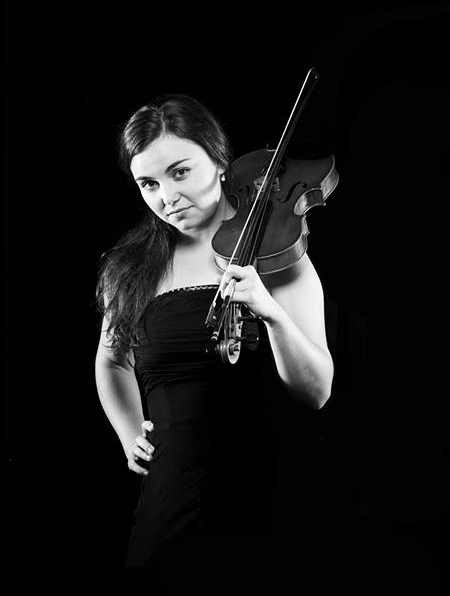
Let’s take a small detour – maybe you can share a bit about yourself before we dive back into some of the other questions we had for you?
I’m a violinist and violist, and I currently serve as Assistant Professor of Violin at Belmont University in Nashville. I divide my time between teaching and performing—two areas that continually inform and inspire one another. In the classroom and studio, I work closely with both violin and viola students at the undergraduate and graduate levels, helping them develop not just strong technique, but also their unique artistic voices.
Beyond teaching, I maintain a vibrant performing career—as a soloist, chamber musician, orchestral player, and recording artist. I collaborate with regional symphonies, perform recitals throughout the U.S. and Europe, and record new music for commercial productions including video games, television series, and film scores. Balancing academia with professional performance keeps me grounded in both the evolving music industry and the deep traditions of classical music.
What’s most meaningful to me is the balance—it keeps me focused, challenged, and always learning. Performing on stage demands intense preparation, which I often navigate in between lessons, rehearsals, and other commitments. But that pressure sharpens my artistry and makes me a more empathetic teacher. I bring real-world experience directly into my teaching—whether it’s managing performance nerves, preparing orchestral excerpts, or interpreting contemporary repertoire.
One of the most exciting parts of my work is helping students reimagine what a music career can look like today. The classical path is more flexible than ever, and I love showing students how they can blend disciplines, explore different genres, and forge their own artistic identity. I also bring a global perspective to my work—I was born in Poland, trained in both Europe and the U.S., and have performed in venues across Japan, Italy, and Carnegie Hall. That international experience shapes how I teach and how I guide my students to think expansively.
At its core, my work is about connection—whether it’s on stage, in a private lesson, in a studio session, or through community engagement. I aim to create meaningful musical experiences and to help others do the same. My teaching is rooted in strong fundamentals, but I also encourage experimentation, individuality, and courage.
That’s what keeps the art form alive—and it’s what keeps me inspired. Music constantly challenges us, but it also gives so much in return. I’m grateful every day to live a life where I get to teach, perform, and keep growing alongside my students and collaborators.
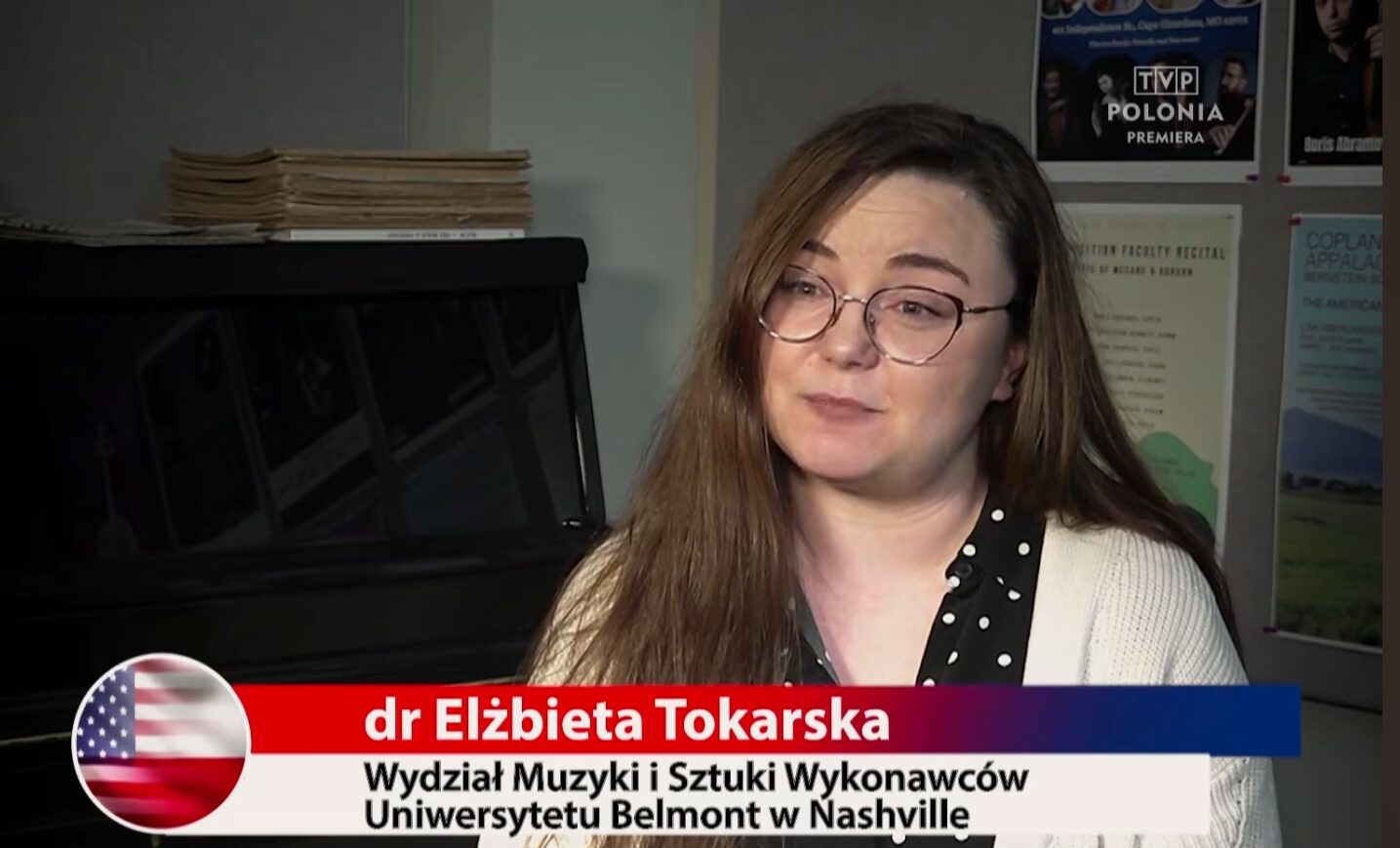
Looking back, what do you think were the three qualities, skills, or areas of knowledge that were most impactful in your journey? What advice do you have for folks who are early in their journey in terms of how they can best develop or improve on these?
Reflecting on my journey, three qualities stand out as especially impactful: resilience, self-discipline, and curiosity.
Resilience is crucial in a career like this. There will be disappointments—auditions that don’t go your way, performances that fall short of your expectations, or periods where progress feels slow. The key is to keep moving forward, to learn from setbacks rather than be discouraged by them. For those just starting out, my advice is to embrace challenges as opportunities for growth and to develop the habit of showing up consistently, regardless of the outcome.
Self-discipline is equally important. Talent can only carry you so far. It’s the daily commitment to practice and improvement that shapes a musician’s career. Developing a focused and structured practice routine early on makes a significant difference. It’s not about pushing yourself to exhaustion, but about being intentional and consistent with your work.
Finally, curiosity has been a driving force in my growth as both a performer and educator. Staying open to new repertoire, different styles, and diverse musical perspectives broadens your horizons and deepens your artistry. I encourage young musicians to seek out new experiences, attend live performances, and continually ask questions—it’s through exploration that you find your unique voice.
These qualities—resilience, discipline, and curiosity—are developed over time, and nurturing them will serve any musician well throughout their career.
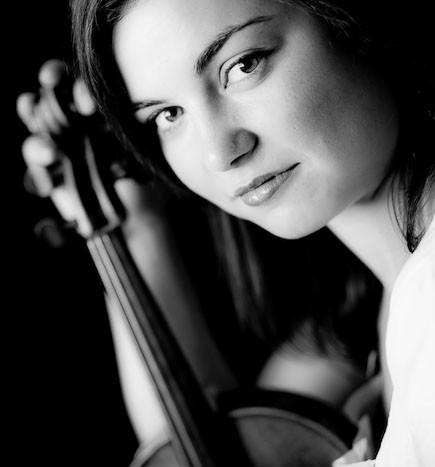
Okay, so before we go, is there anyone you’d like to shoutout for the role they’ve played in helping you develop the essential skills or overcome challenges along the way?
I have been fortunate to learn from mentors who challenged me, believed in me, and pushed me beyond what I thought I was capable of. Their guidance helped me build both the technical foundation and the mindset needed to grow—not just as a musician, but as a person. The most impactful teachers were those who held me to high standards while also encouraging curiosity, resilience, and artistic independence. Their influence continues to shape how I teach, perform, and navigate my career today.
Contact Info:
- Instagram: https://www.instagram.com/tokarska.ela/
- Facebook: https://www.facebook.com/ela.tokarska.5
- Youtube: https://youtube.com/@elatok
- Other: https://www.belmont.edu/profiles/ela-tokarska/
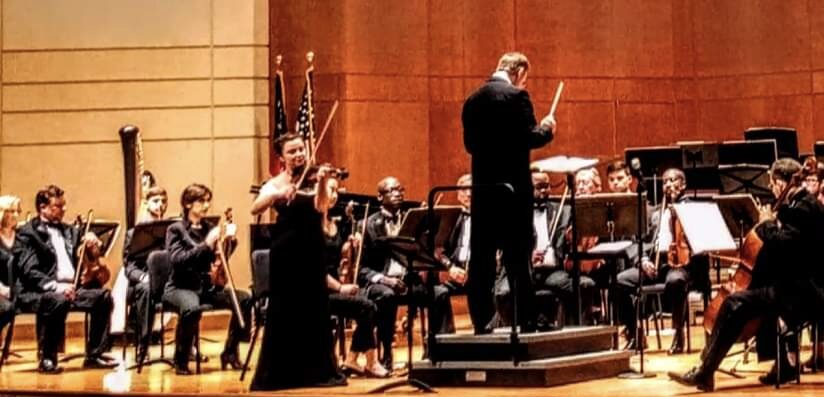
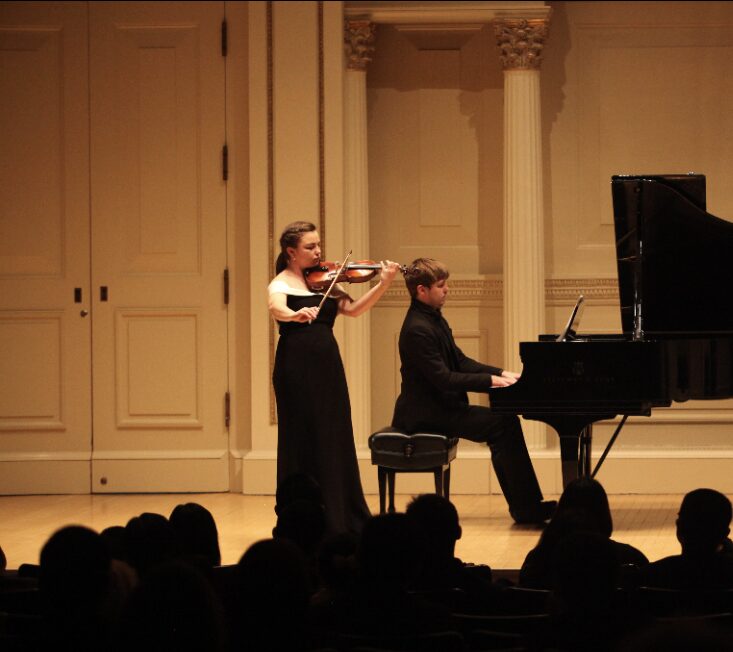
so if you or someone you know deserves recognition please let us know here.




